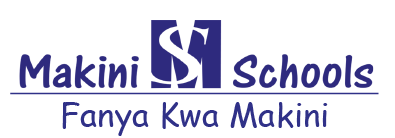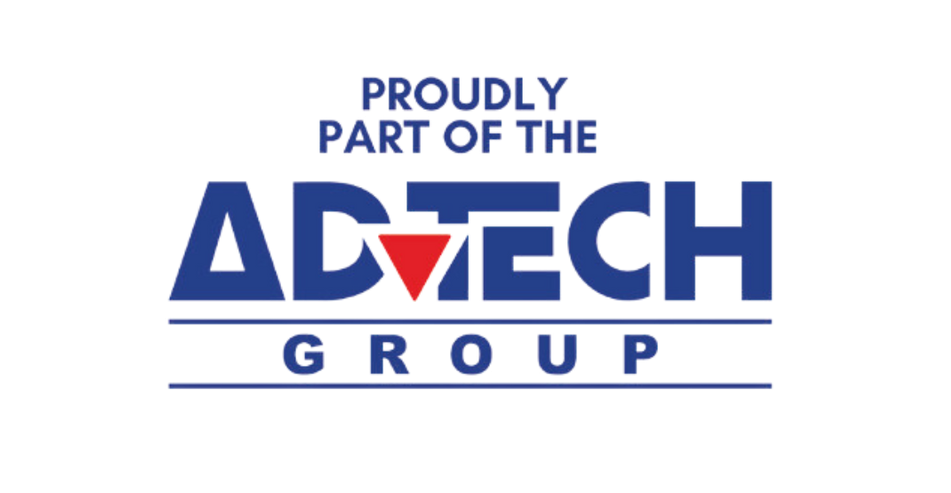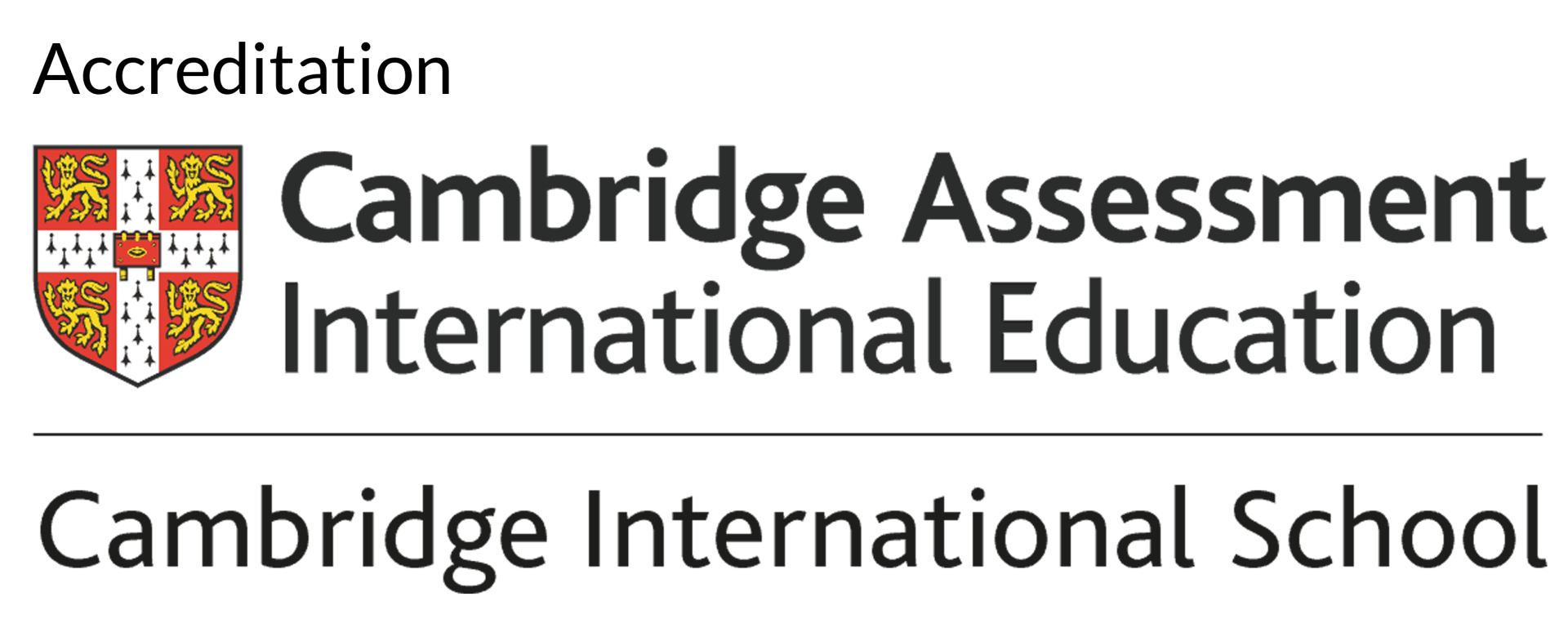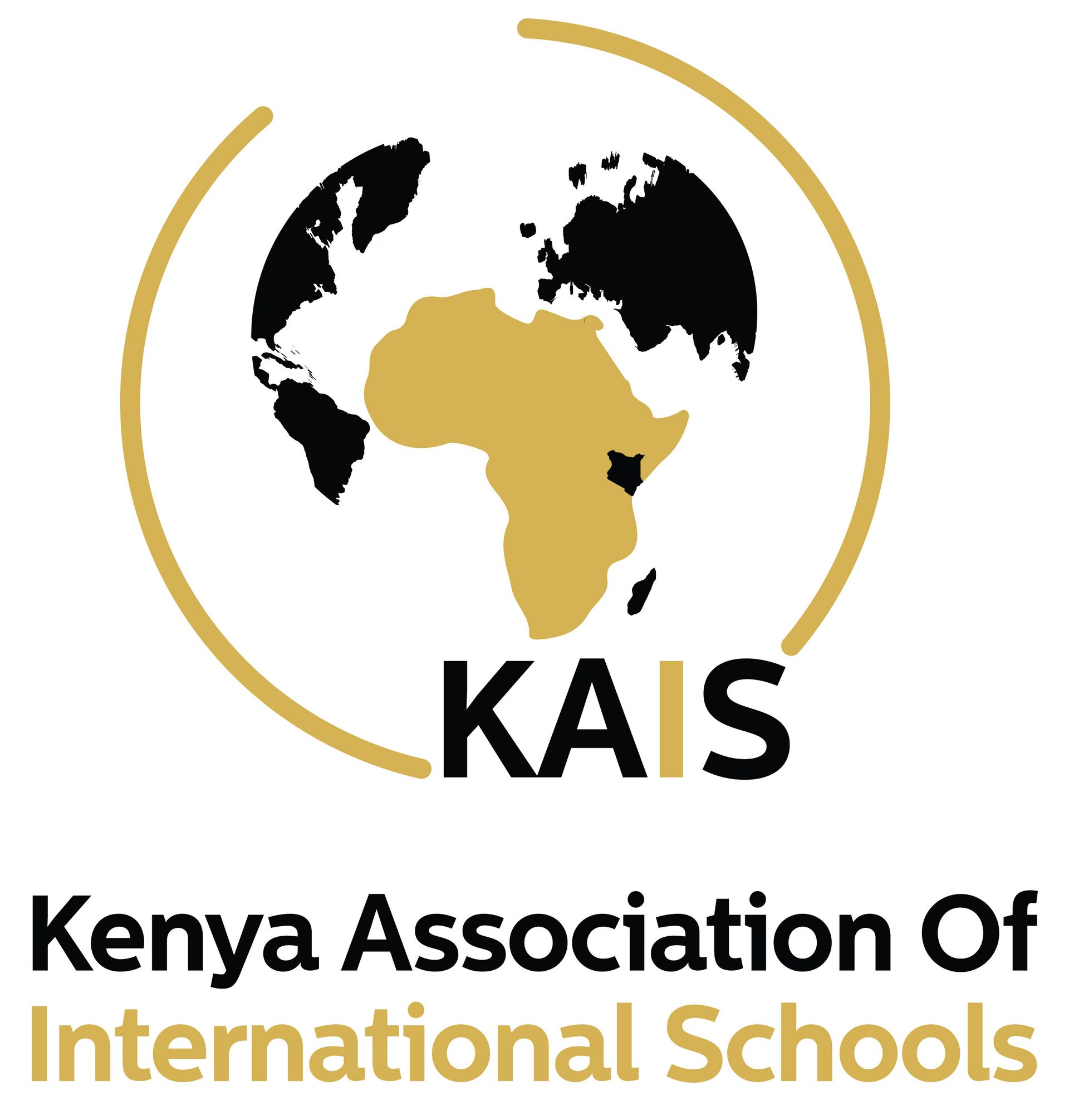What is Digital Literacy & How Important Is It?
As we shift from the digital era into the age of AI, it is essential to have the ability to effectively navigate technology. Digital literacy talks to the skills required to find, evaluate, use, share and create content using digital technologies. Due to the rapid evolution of technology, there is a massive demand to be up-to-date with new tools and ever-evolving platforms. This highlights the importance of digital literacy as it influences every aspect of our lives – from education and professional success, down to the way we socialise. Integrating technology into education is also an important factor and at Makini School, we emphasise the benefits of this.
Defining Digital Literacy
When we talk about digital literacy, we’re talking about a wide range of competencies that allow individuals to interact with digital platforms safely and effectively. Having this skill is more than just about knowing how to use a computer. Digital literacy is about being able to critically assess information online. It’s about understanding digital communication and interacting with it in a responsible way.
Digital literacy skills can be broken down into these components:
1. Computer literacy
This is the basis of digital literacy and teaches learners how to use computers and software.
2. Information literacy
The ability to identify credible sources and differentiate between reliable information and information that is misleading.
3. Media literacy
This skill is the ability to understand and analyse digital content critically.
4. Technological literacy
The teaching of digital systems, emerging technology as well as the impact they have on our lives.
Components of Digital Literacy
1. Computer Literacy
The foundation of digital literacy skills is about learning basic computer literacy. This includes being able to operate laptops, desktops, tablets and smartphones. It is also about learning to use software programmes like word processors, spreadsheets and cloud-based collaboration tools.
2. Information Literacy
There is a wealth of information available online. To ensure that learners are able to navigate through it all, they must develop information literacy skills that help them assess the credibility of the information. This involves identifying trustworthy sources, checking facts and being able to recognise false or biased content.
3. Media Literacy
When learners are possess media literacy skills, they are able to analyse and interpret digital content like news articles, social media posts and adverts. Making informed decisions in a digital world means they must first understand how digital media influences people’s opinions as well as their behaviour.
4. Technological Awareness
A very important aspect of digital literacy is being aware of how digital systems work and the implications they have. This includes knowledge of cybersecurity, data privacy and the ethical use of technology.
Why Digital Literacy is Important
Professional Relevance
As the world of employment and technology changes, employers are looking to employ people with digital skills training. Individuals with strong digital literacy skills are more adaptable, efficient and capable of handling modern workplace technologies. For this reason, it is paramount that learners master digital tools during their school years, as this opens up opportunities for career growth later in life.
Educational Enhancement
Digital literacy in education is completely changing the whole learning experience. Learners and educators can access a wealth of resources online, engage in interactive learning and develop skills that prepare them for the future workforce.
Social Integration
Being digitally literate promotes social inclusion and learners can actively participate in the digital economy. They can easily connect with their peers, engage in discussion forums and access services and learning applications.
How To Improve Digital Literacy
Educational Programs
To enhance digital literacy, many schools and organisations offer skills training to bridge the digital divide. From government initiatives and nonprofit programs to community workshops, digital literacy in education is a major focus.
Personal Development
The Internet is filled with ways in which people can develop themselves. Online courses, workshops, podcasts and webinars allow give people the opportunity to take charge of their own learning. Platforms like Coursera, Udemy and LinkedIn Learning offer courses tailored to different skill levels and industries. Making education accessible and affordable for all.
Challenges in Developing Digital Literacy
Even though digital literacy is imperative, there are still many barriers stopping people from developing these skills. They include:
Socioeconomic factors – Limited access to digital devices as well as the internet can get in the way of learning.
Educational disparities – Some schools the lack resources to successfully integrate digital literacy in education effectively.
Age-related challenges – Older generations might struggle to grasp the quickly evolving digital technologies.
To solve some of these challenges, government funding initiatives could assist. Public-private partnerships are another helpful solution to bring this type of education into schools and broader communities.
In an increasingly technology-driven world, digital literacy is imperative for personal, professional and societal advancement. From ensuring job readiness to fostering informed decision-making, the benefits of digital literacy extend beyond just being able to use a computer. At Makini School, digital literacy forms part of our curriculum, ensuring that learners are well prepared to succeed in the world we live. To understand more on what our school offers, book a tour or visit our website.













